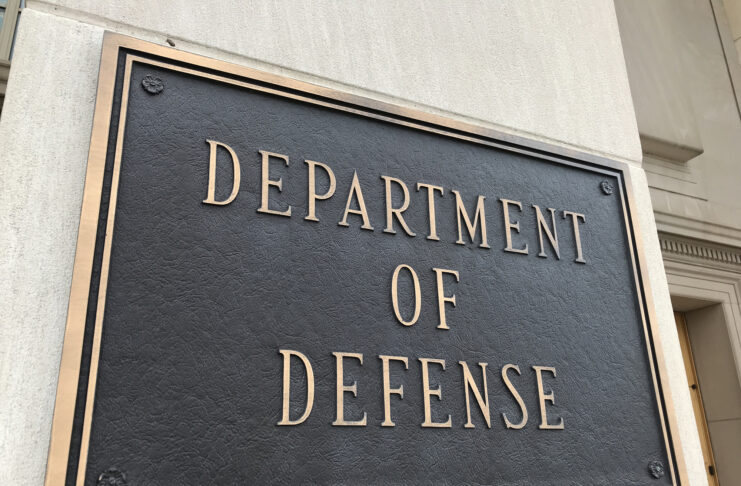Defense spending is one of the biggest items in the federal budget, and may get even bigger in the near future as we provide assistance to nations at war with rogue states and authoritarian regimes.
But for all the hundreds of billions spent on defense, it seems the DoD has an enormous problem paying for the essentials. As a recent Government Accountability Office report found, that includes a harrowing, and potentially dangerous, inability for the DoD to provide safe, clean, healthy barracks for hundreds of thousands of servicemembers.
According to GAO investigators:
DOD does not reliably assess conditions, and some barracks are substandard. DOD assessments of conditions are unreliable. GAO observed barracks that pose potentially serious health and safety risks— such as broken windows and inoperable fire systems—and that do not meet minimum DOD standards for privacy and configuration. Thousands of service members live in barracks below standards, according to officials.
That's bad. And unsurprisingly, bad living conditions create other problems:
…officials at multiple installations we visited told us poor barracks conditions lower morale and affect readiness. Enlisted service members from all military services told us poor living conditions negatively affect work performance, training, and DOD's ability to recruit qualified personnel. For example, senior-enlisted service members at all 10 installations we visited told us poor living conditions contributed to reduced productivity at work, had negative effects on training, or negatively affected perceptions about serving in the military.
Which makes sense. It's hard to “be all you can be” during the day, when your nights are spent in squalor:
Service members or first sergeants at five installations described problems with water quality in the barracks. For example, service members in one discussion group told us tap water in their barracks is often brown and does not appear safe for drinking. Service members in six of 12 discussion groups also told us about issues with pests, including bedbugs, rodents, cockroaches, and wasps. At three of 10 installations, officials told us service members are generally responsible for pest control, or for removing hazardous material from barracks, such as mold and sewage. Further, officials at one installation told us service members are responsible for cleaning biological waste that may remain in a barracks room after a suicide.
Cleaning up after suicides. That's not how this is supposed to work. For all the billions we spend on shiny weapons systems, cool equipment, and assorted hardware, it certainly appears that not nearly enough is spent on the basics: a barracks that isn't a health hazard, and a bed that isn't overrun with vermin.
The opinions expressed in this article are those of the author and do not necessarily reflect the positions of American Liberty News.



Our troops committing suicide is not how it’s supposed to work. Not being allowed to fight to win wars is not how it’s supposed to work. “It doesn’t matter now” is not how it’s supposed to work. Etc.
Unacceptable. We need an accounting for every dollar given to our military. I will bet we will see some unbelievable mishandeling,